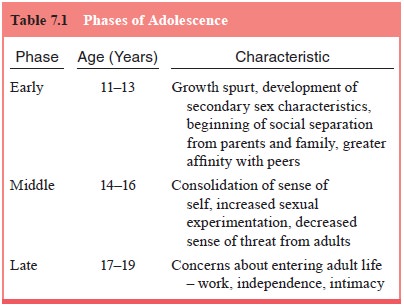Chapter: Essentials of Psychiatry: A Psychiatric Perspective on Human Development
A Psychiatric Perspective on Human Development
A Psychiatric Perspective on Human Development
The miracle of human development has always
fascinated phy-sicians. Psychiatrists and pediatricians have formally studied
developmental processes and used the knowledge gained from these investigations
to create more effective strategies for care of patients. With the evolution of
the specialty of geriatrics, interest in the developmental changes that occur
after having achieved full maturation has further expanded the scope of
investigations. With better understanding of the changes that predictably occur
in the last half of life, it has become possible to link more ef-fectively
early precursors of illnesses to the later expression of developmental delays
and deviations.
There are two classical approaches to the study of
human development: the stage model and the longitudinal lines of develop-ment
model. Each has distinct advantages and disadvantages. The more traditional
approach is to examine each stage of development. Consequently, the unfolding
of the many new capabilities of the in-fant is reviewed chronologically so the
child as a whole can be bet-ter understood. Thinking about development as a
series of stages is a particularly useful approach for clinicians. In this
regard, it is traditional to address the development of 1) infants, 2)
preschool children, 3) school-age children, 4) adolescents, and 5) adults.
Sometimes it is helpful to distinguish phases within these groups. For example,
it is common to describe adolescence as being com-prised of early, middle, and
late phases as illustrated in Table 7.1.
An alternative strategy used to teach development
is to choose a particular aspect of human development and track it

from birth until death. This is a helpful strategy
for understanding the process of development and is useful for researchers who
are searching for the antecedents of characteristics that occur during later
developmental periods. However, accurately charting these lines of development
has proved to be difficult. Clearly, it is not feasible for a single
investigator to study the extensive changes that occur over the lifespan. In
the rare longitudinal studies that span at least 10 years, it is usually necessary
for a series of prin-cipal investigators to work sequentially in order to
achieve con-tinuity. Consequently, most investigators become specialists in
narrow age ranges of the developmental process and must work collaboratively
with colleagues to link together the transitions from infancy to childhood or
adolescence to the adult years.
Related Topics